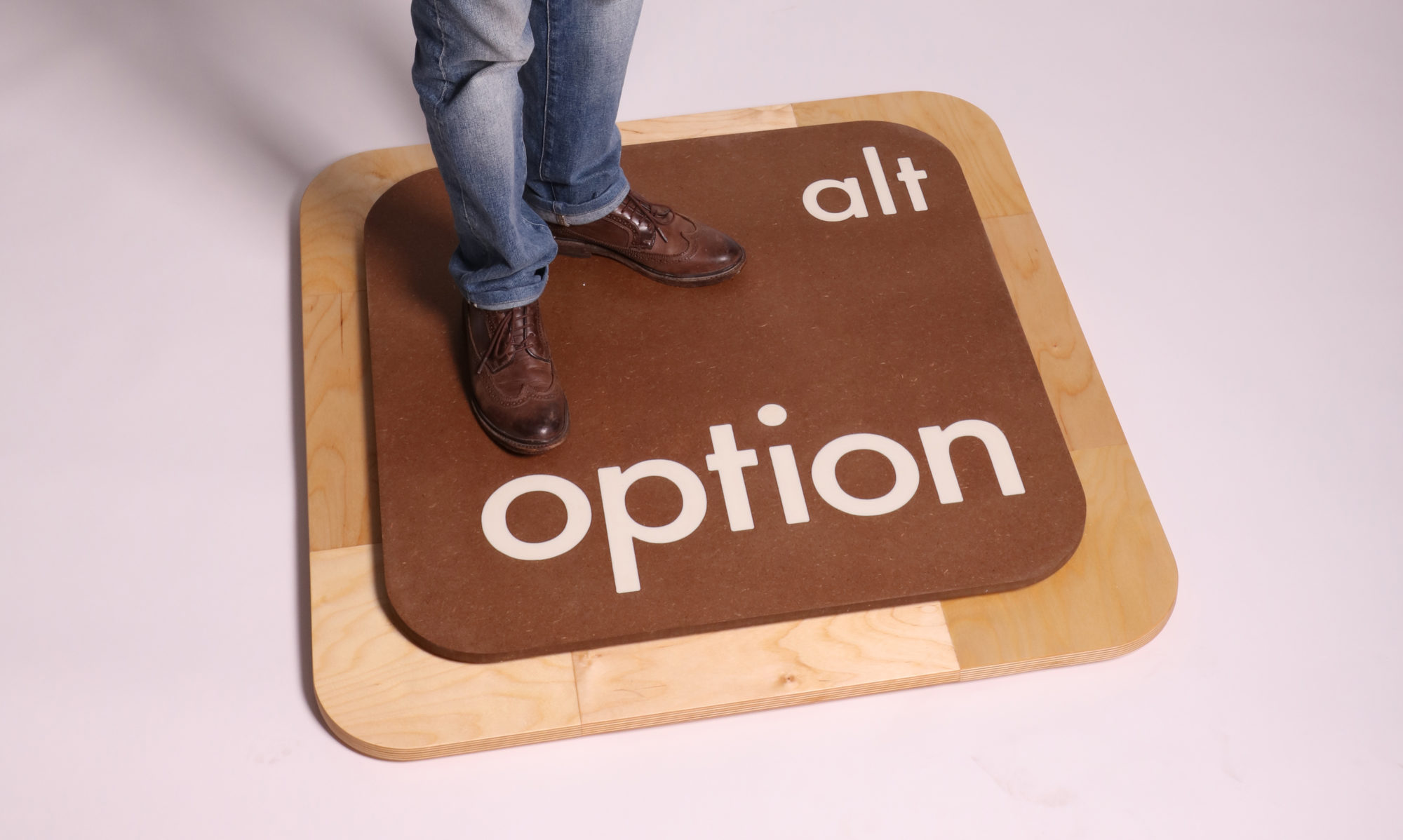Everyone who has been on the internet has most likely agreed to a site’s terms and conditions. I think it’s safe to say that most, if not, all of those people didn’t read a single word of those terms and conditions. The same goes with any privacy policy. Terms and Conditions May Apply shares some scary facts about this phenomenon that could open some eyes. One being the fact that most websites, mainly social media, that you sign up for own anything you upload. This can be given to the government if requested. Sites like Facebook, Instagram, and LinkedIn can and will use this policy. The film points out that this all started in 2001 with the Patriot Act. Before 9/11, the government was ready to pass privacy laws that would prevent citizens from having their personal information searched by authorities without their permission, but once the world trade center went down, these laws were given up on and the Patriot Act was signed. This act lay the groundwork for our internet privacy to become nonexistent. Google’s privacy policy was given as an example. In 2000, Google’s privacy policy said users were given anonymity, but in 2001, it was changed to their users’ information being “anonymous except when legally obligated.” This means that if the government asks for personal information about a user, Google will give them it. The crazy thing is that these sites can change their policies without anyone really knowing it. Facebook did this awhile back, changing everyone’s information back to the default of being publicly available. This can be done because the original policy said so. There are loopholes throughout every agreement and moments where they outright say something the user wouldn’t agree to had they actually read the thing.
There are arguments that “if you have nothing to hide, then you shouldn’t be worried” about spying and actions of that nature, but complete privacy is a basic human right. Even if you have nothing to hide, any authority could interpret something you said to mean whatever they want. For example, the film shows a 7th grader who made a statement of FaceBook about the president. He said that Barack Obama should watch out for “suicide bombers.” This was a statement of concern, not a threat, but sure enough the FBI came to his school and placed him in custody. Another example given was a writer on Cold Case being placed on a list because he searched Google for terms like “dead body,” “decapitated head,” and “murder wife.” He was just doing research for a murder mystery TV show. These provide ample evidence that the authorities having our information is more of a good thing than a bad thing. It places us all at risk and rarely does anything to “protect us.”
